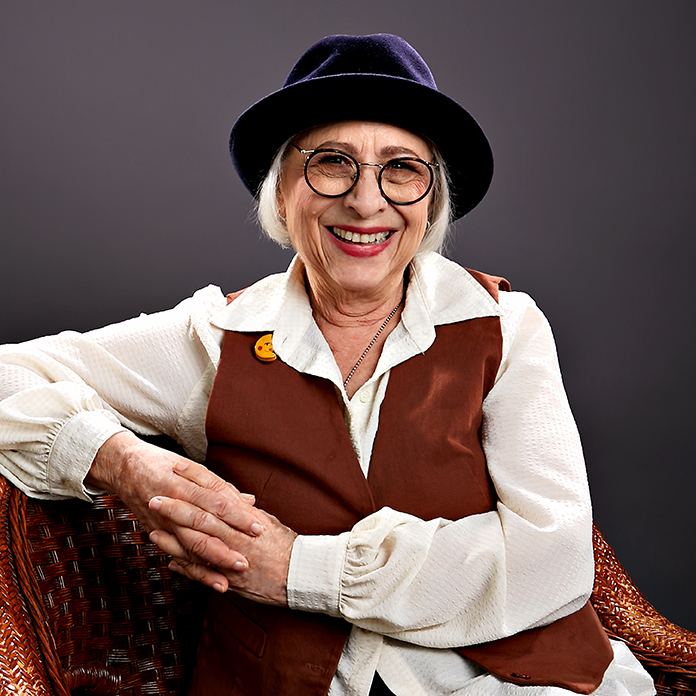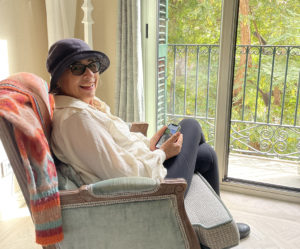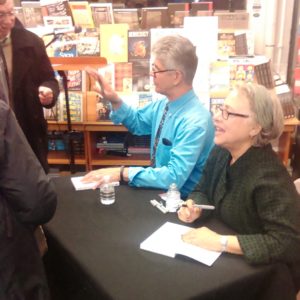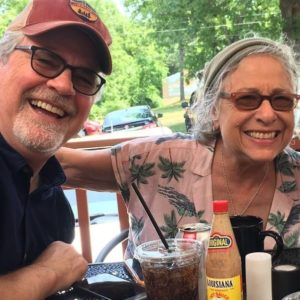At first, as we age it is a shock to be marginalized from others’ lives, to discover that our young have grown up to live on their own and that society has already rushed in to fill whatever empty spaces we’ve left behind. We are apt to suffer time to time from “FOMO”–Fear of Missing Out. But later, it comes as another jolt to realize those times when we may no longer need—or want—the distraction involvement entails.
For those of us experiencing aging as a spiritual experience, there comes a time when we actively seek solitude, enjoy our own company, and can’t be bothered with small talk or entanglements. Invariably, interactions with others deplete or at least complicate our lives. The intensity of relatedness we once craved—that defined us—becomes a burden to be shed. Oh, we can keep the relationships going, if we like. But dear God, please not the drama.
As one wise woman said to me recently “The more there is of me, the less the need I have for other people.” There is freedom in this and joy as the distinct contours of one’s inner terrain become revealed, begging to be explored and enjoyed. We surprise ourselves every day, experiencing an intimacy of relatedness to our de-peopled world beyond anything previously known. But is it possible to go too far? One believes one is choosing freedom, but when the phone stops ringing, emails slow down, visits become special events rather than part of one’s routine? Is this a slippery slope leading not to solitude–intimacy with one’s inner life and with God–but to loneliness?
Loneliness we are informed daily by “the experts” on aging is to be avoided at all costs. It is an indicator of ill health, unhappiness and an untimely demise. The young are taught to treasure it–the young mother who closes the door to refresh herself but the baby cries and it’s back to the fray. But when you are old, you are instead taught to dread it. Ours is a society that wants us to believe that unless we are productive, busy, popular, and an active, contributing part of the tribe, you are as good as dead. We fear that if we were to pause for more than a moment–take more time for contemplation and long, slow walks–we’ll be left behind by the tribe. God knows that with the melting ice caps they have plenty of free-floating ice floes at their disposal. FOMO or solitude? For those of us who have overinvested in years of busyness, productivity and noise, better to meet this core question—this tension—in silence, at least until the angst quiets and certainty emerges spontaneously.
This is the risk that age demands we take: to believe that our deepest, quietest connection to God can be trusted. If one is meant to return to the active life—and God knows the world needs its wise elders, now more than ever– it can be God’s cry—not a baby’s—that will summon us. And if we return, out of quiet rather than agitation, we do not leave what we have discovered of ourselves behind. Rather, we bring our deepened relationship to ourselves, to life and to God back with us. And do I dare offer this final question up for consideration: What if we were to not return at all and find that it is to what others call loneliness that is to us the sacred embrace of life to which we are called?
_____________________________________
In the tradition of interpretive jazz, midrash and exegesis, Older, Wiser, Fiercer is an interactive response to the wisdom of elders from eras equally disruptive as our own.
________________________________
For a free subscription to Older, Wiser, Fiercer, click HERE




